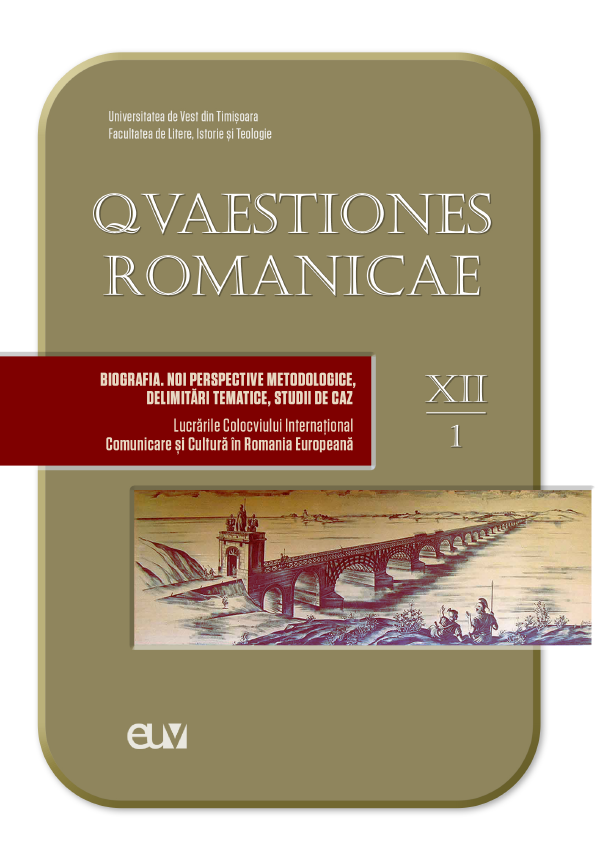Écrire dans la langue de l’autre : Hermione Asachi-Quinet, traductrice et biographe
Abstract: (Writing in the language of the other: Hermione Asachi-Quinet, translator and biographer) Brought up in a talented family that held a cosmopolitan salon attended by the great minds of the first half of the 19th century, Ermiona (in Fr. Hermione) Asachi took part in the cultural life of her time as a writer, translator and musician; she became Madame Edgar Quinet in July 1852 and campaigned alongside her husband to defend the principles of freedom and equality. Our paper first focuses on Hermione’s work as a translator before her voluntary exile in France, and then on her work as a biographer of the exile, and more specifically on Mémoires d'exilBruxelles-Oberland (1869) as evidence of the deep connection that united Hermione and Edgar: writing in and with the language of the other is not simply a matter of bringing the other party closer together, but of an uninterrupted dialogue. A continuation that also takes the form of a new edition, as part of a Hachette Livre - Bibliothèque nationale de France partnership designed to make accessible to a wider public treasures of France's literary and historical heritage drawn from rare collections of old books.
Keywords: Hermione Quinet (Ermiona Asachi), translations, memories, exile, biography, Hachette BnF.
Résumé: Élevée dans une famille de tous les talents qui tenait un salon cosmopolite réunissant les grands esprits de la première moitié du XIXe siècle, Ermiona (en fr. Hermione) Asachi participe à la vie culturelle de son époque en tant qu’écrivaine, traductrice et musicienne ; devenue Mme Edgar Quinet en juillet 1852, elle a milité, aux côtés de son mari, pour défendre les principes de liberté et d’égalité. Notre communication s’intéresse tout d’abord à l’activité de traductrice d’Hermione déroulée avant son départ volontaire pour la France, et ensuite à son activité de biographe de l’exil, et, plus particulièrement, aux Mémoires d’exil Bruxelles-Oberland (1869) en tant que témoignage de l’importance du profond lien qui unissait Hermione et Edgar : écrire dans et avec la langue de l’autre n’est pas un simple rapprochement de l’autre partie, mais comme un dialogue ininterrompu. Une continuation qui prend également la forme d’une nouvelle édition, dans le cadre d’un partenariat Hachette Livre – Bibliothèque nationale de France destiné à rendre accessible au public large des trésors du patrimoine littéraire et historique français puisés dans des collections rares de livres anciens.
Mots-clés: Hermione Quinet (Ermiona Asachi), traductions, mémoires, exil, biographie, Hachette BnF.
